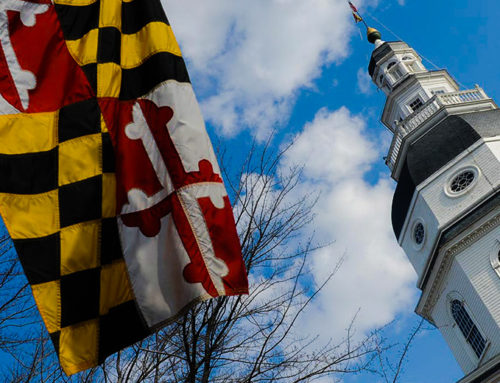View by Topic
Recent Articles
-
Federal Government Finalizes New Efficiency Standards for LightbulbsSaturday, April 13th, 2024
-
2024 IECC is Final After Addressing Preemption IssuesSaturday, April 6th, 2024
-
Settlement Portends Broad Failure in Attempts to Ban Natural GasSaturday, March 30th, 2024
-
SEC Climate Disclosure Rule Stay and Venue Now in the 8th CircuitSaturday, March 23rd, 2024
-
EV Charger Data ApocalypseSaturday, March 16th, 2024
View by Month/Year
“Green Building Law Update” Headlines
Recent Articles & News from
Stuart Kaplow’s blog
at GreenBuildingLawUpdate.com
- Shedding Light on the Future: The Evolution of Lightbulbs in the Wake of New Energy Efficiency Standards April 14, 2024
- 2024 International Energy Conservation Code is Final After Addressing Preemption April 7, 2024
- Settlement Portends Broad Failure in Attempts to Ban Natural Gas March 31, 2024
- SEC Climate Disclosure Rule Stay and Venue Now in the 8th Circuit March 24, 2024
Subscribe to the Green Building Law Update!
Stuart Kaplow brings his expertise and extensive experience to the table with his unique digital publication, "Green Building Law Update". Subscribers receive regular updates to keep them informed about important issues surrounding Environmental Law, Green Building & Real Estate Law, as well as the emerging demand for Environmental Social Governance (ESG).
Get fresh content through the lense of Stuart Kaplow's cutting-edge expertise, innovative commentary and insider perspective. Don't miss another issue! Subscribe below.

Nevada Stops Subsidizing Net Metering
The 113 page draft order found that under existing net metering rates other ratepayers were subsidizing net metering customers (e.g., a homeowner with leased photovoltaic panels on their roof) in southern Nevada by approximately $623 per year, having the effect of increasing electricity costs for the many (including disproportionately, the poor).
The Public Utilities Commission was not acting in a vacuum, earlier in the year the Nevada legislature passed Senate Bill 374, directing the Commission to “examine rates applicable to net metering customers and to identify and eliminate any unreasonable shifts in costs from net metering customers to others customers.”
One day after the vote, on December 23 SolarCity announced that it was quitting sales and installation activities in Nevada, effective immediately. This announcement by the largest residential solar installer and lessor in the United States, and whose big banks and large corporate investors in its project finance funds that fund its leases and power purchase agreement options, are the largest beneficiaries of net metering laws across 44 states and Washington DC, might be hyperbole and an attempt at sending a message to other states contemplating similar action.
Note that this occurred in the same week that Congress extended the 30% federal investment credit for solar through 2021, which in large measure benefits the same banks and corporate investors.
And all of this is against a backdrop of more efficient and dramatically lower cost photovoltaic panels that call into question the efficacy of long term lease and power purchase agreements, in particular for homeowner rooftop installations, most of which have increasing electricity rates over time.
At its root, net energy metering is a method of measuring energy produced by a renewable energy generator when it is connected to an electric utility distribution system. Net energy metering generally utilizes the existing meter for all calculations thereby avoiding the expense and complexity of a second meter to measure incoming and outgoing energy separately. Net metering is permitted, usually by state law for solar, wind, and in some instances for biomass, micro combined heat and power, and fuel cells.
The term “net metering” actually refers only to measurement of electricity on the basis that is net of energy used and produced by an eligible customer generator during a single billing period (e.g., one month). However, in modern parlance, under net metering programs utility tariffs provide that the customer pays only for energy that is used, netted against any generation produced by the customer. The practical effect of this policy is to allow net metering customers to use the utility grid as if it were battery storage, so that excess energy produced at any given instant could be stored for later use.
The controversy is, in part, that tariffs also provide the dollar value of net excess generation is equal to the generation portion of the rate that the eligible customer-generator would have been charged by the electric company averaged over the previous 12-month period multiplied by the number of kilowatt hours of net excess generation (i.e., the retail rate versus the wholesale rate), often to incentivize roof top solar installations that count toward states self imposed renewable portfolio targets. But the retail rate is at an actual loss to the monopoly utility.
Net metering programs that exist today are a regressive income redistribution in support of a greater political goal. It is not good energy policy. It is not good environmental policy. And Nevada is not alone, Hawaii cut its net metering rate by half in October. In 2016, expect more states to roll back net metering tariffs that incentivize photovoltaic installations for the benefit of big banks and large corporate investors.









